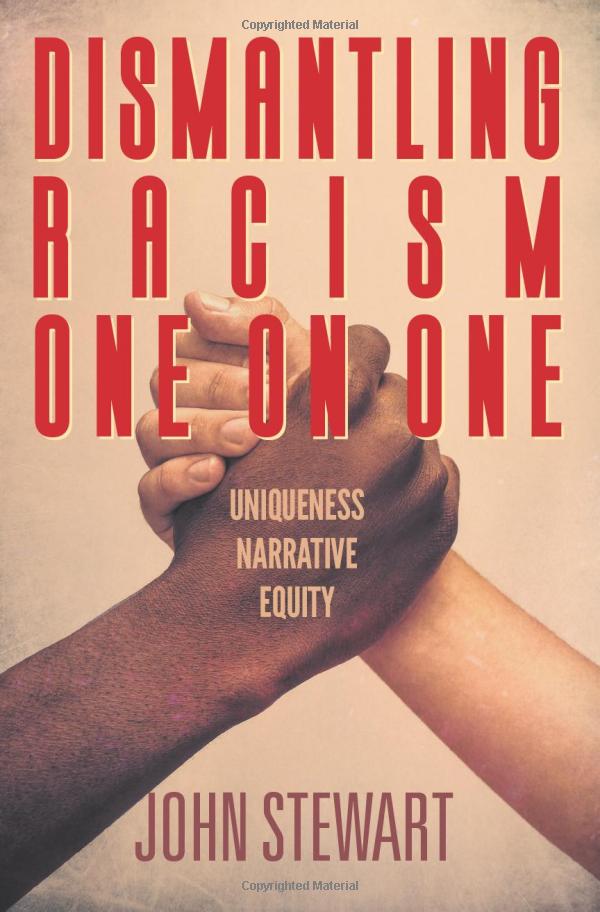
We wisely avoid sociopaths, because they can abuse, injure, and kill people without feeling bad. They have no empathy, no desire or ability to understand or feel where another person is coming from and to respond appropriately. This is a hugely important deficiency; empathy is widely understood to be the main psychological mechanism enabling humans to establish and maintain social relations. This is why empathy is a crucial part of emotional intelligence and why an empathy test can describe an organization’s or even a culture’s overall wellness.
Empathic thoughts and feelings are based on similarity. In order to empathize with a friend over the untimely death of their child, I must turn to my own similar experiences. This does not mean that I must also have lost a child prematurely, although this would facilitate my empathizing. It does mean that I must draw, for example, on my own experiences of parental love of a child, distress about my child’s life-threatening illness or injury, or general fears for my child’s safety or health, or, if I am not a parent, on similar experiences in my other close relationships. My resources for offering empathy reach just as far as my personal experience resembles that of my friend. Similarity can definitely make communicating easier, which is why empathic listening is a very valuable skill.
The Importance of Uniqueness
And nobody proposes marriage to a dating partner just because she’s a sushi-loving, yoga-practicing Chicago Cubs fan, just like me. Similarity only goes so far. The closest and longest-term relationships happen because she’s the most amazing person I’ve ever dated or he’s an absolutely unique combination of strong and gentle; musical, family oriented, and compassionate; athletic, patient, outgoing, and spiritual. The deepest relationships are based on both similarities and differences. In relationships that last, the partners look for and construct together individual, situation-specific uniquenesses.
Research supports this point. When two social psychologists studied consensus vs. uniqueness in romantic evaluations, they found that “participants’ romantic evaluations were more likely to be unique to a particular person rather than consensual.” [1] Another research team concluded similarly, “We find that partners who offer unique treatment are highly desired, and that people are willing to make significant sacrifices in partner attractiveness to receive unique treatment. This preference [for uniqueness] also impacts how people evaluate and interact with their romantic partners and how satisfied they feel with their relationships.”[2]
So empathy definitely helps get a relationship going, and when you’re mate dating or spouse searching and not just being a player, it’s important to move beyond the empathic stage or level of your relationship to the point where you’re focused on what makes each of you special to each other, distinct, irreplaceable, unique.
Co-constructing Uniquenesses
My short book, Dismantling Racism One On One describes what it means to “co-construct uniquenesses” and displays three conversations where interpersonal racism was dismantled when conversation partners did this. Close readings of these conversations show the importance of both partners offering and inviting reflections, choices, and feelings. The book’s available in print, ebook, and audiobook versions. Check it out.
[1] Eastwick, PW. Hunt, LL. Relational mate value: Consensus and uniqueness in romantic evaluations, Journal of Personality and Social Psychology, 2014; 728-751. DOI:10.1037/a0035884
[2] Anik, L, Hauser, R. One of a kind: The strong and complex preference for unique treatment from romantic partners. Journal of Experimental Social Psychology;86: 2020, 103899


